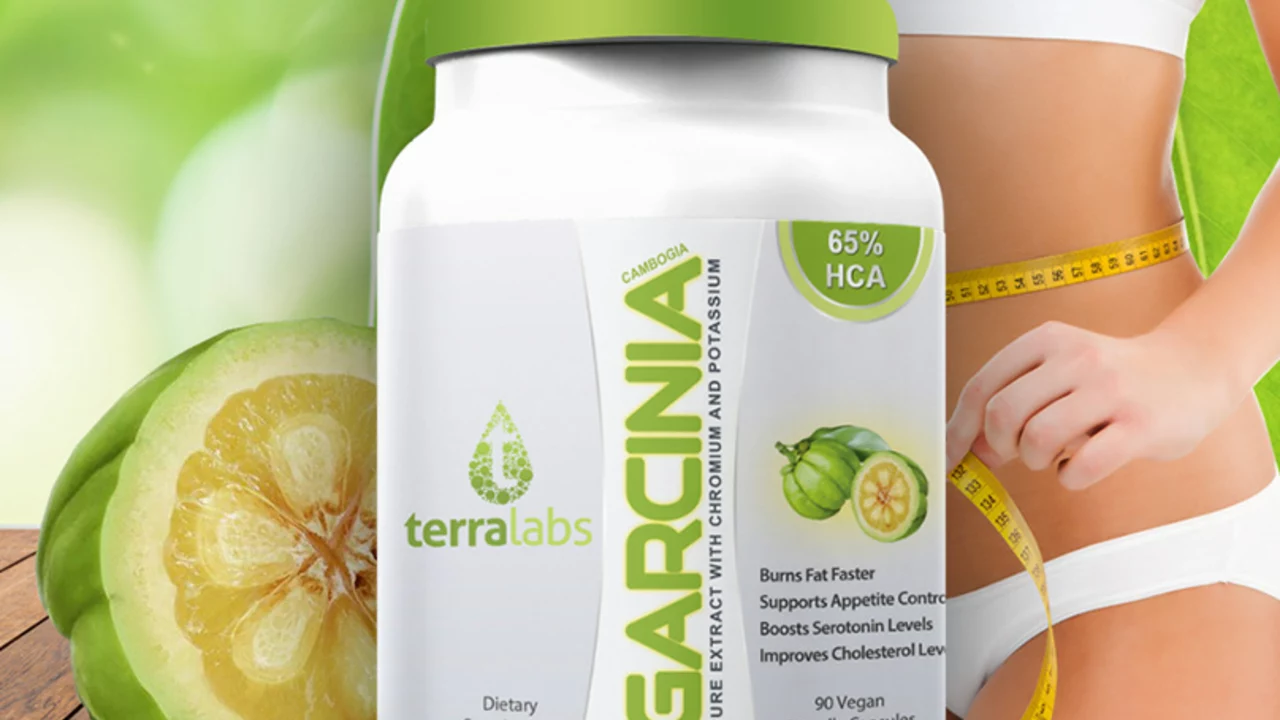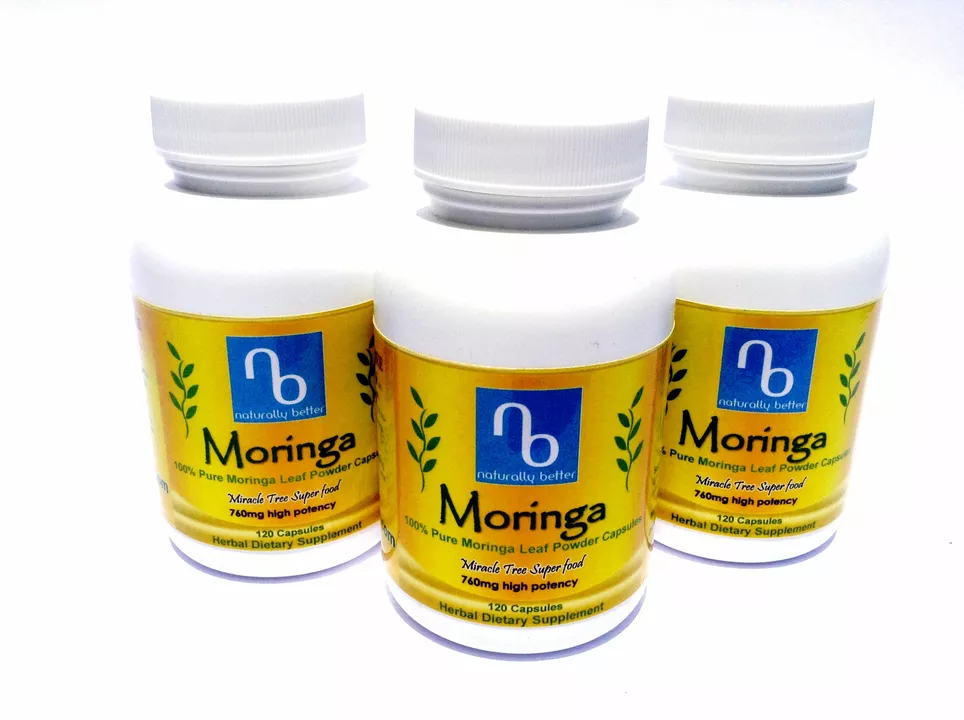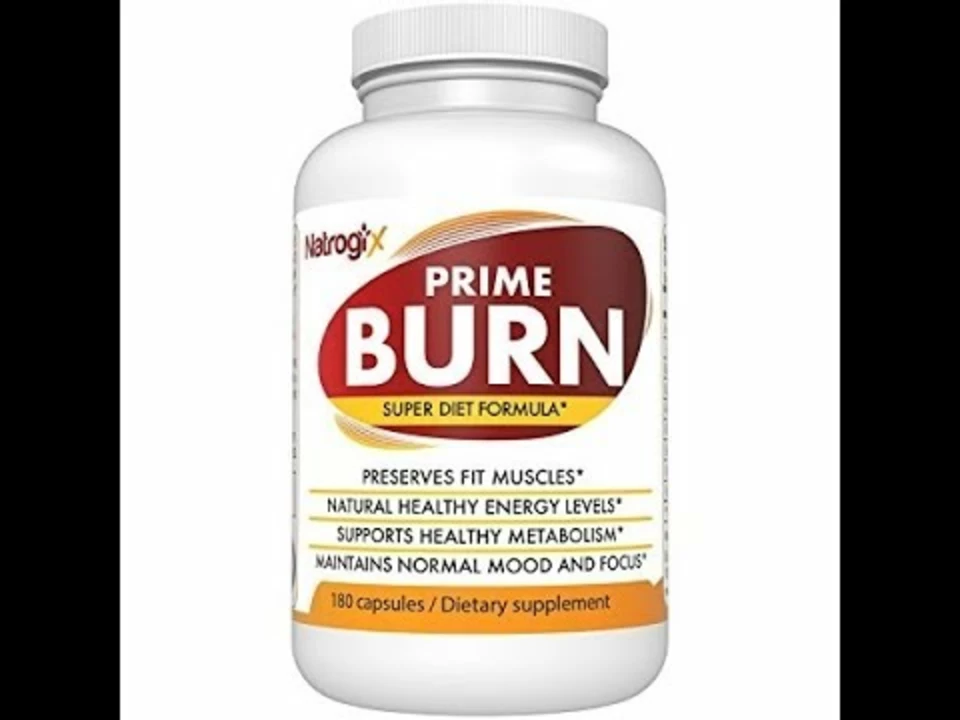Dietary Supplement Guide: Safe Choices, Real Benefits
Thinking about a supplement but not sure where to start? Supplements can help fill nutrient gaps, support energy, or target issues like joint pain or sleep. But not every bottle lives up to its label. This guide helps you pick smart, avoid scams, and use supplements safely.
First, know why you want a supplement. Do you have a diagnosed deficiency, a doctor’s recommendation, or just a marketing promise? If your doctor found low vitamin D or your blood tests show iron deficiency, a targeted supplement makes sense. If you’re chasing general health with broad claims, be skeptical and ask for evidence.
How to choose a good supplement
Look for third-party testing logos like USP, NSF, or ConsumerLab. Those stamps mean the product was tested for purity and accurate dosing. Check the ingredient list: active ingredients should have amounts listed, not just “proprietary blend.” Prefer simple formulas—fewer extras means less chance of interactions. Read reviews but trust independent lab results more than hype.
Pay attention to dosage and form. Some nutrients absorb better in certain forms—magnesium citrate absorbs differently than magnesium oxide; methylfolate is the active form of folate for many people while folic acid is not. For omega-3s, check the EPA/DHA amounts, not just “fish oil.”
Safety, interactions, and buying tips
Supplements can interact with prescriptions. Blood thinners like warfarin are affected by vitamin K, and St. John’s Wort lowers levels of many drugs. Tell your doctor or pharmacist about everything you take, including herbal teas. Start at a low dose and watch for side effects like stomach upset, headaches, or allergic reactions.
When buying online, choose pharmacies or retailers with clear contact info, return policies, and batch numbers. Avoid deals that sound too good to be true. Check expiration dates and storage instructions—some probiotics need refrigeration. If you’re pregnant, nursing, or have a chronic condition, get medical approval before starting anything new.
Expect realistic results. Multivitamins won’t cure fatigue overnight. Supplements often take weeks to show effects, and benefits vary by person. Keep a simple log: what you take, dose, and any changes in symptoms. That makes it easier to spot improvements or side effects and discuss them with your provider.
If cost is an issue, compare labels rather than price per bottle. A cheaper tablet with less active ingredient isn’t a bargain. Look for stable forms of vitamins (like vitamin D3) and check serving sizes. Remember, food is the best source of nutrients—use supplements to fill gaps, not replace whole foods.
Want a quick checklist? Verify third-party testing, check active doses, review interactions, buy from reputable sellers, and consult a healthcare professional. Small changes done right lead to safer, more useful results.
If you're unsure which brand fits you, ask your pharmacist to compare labels while you’re in the store or send photos when online shopping. Keep receipts and batch numbers in case you need to report a problem. Good habits cut risk and help you get value from every supplement.







